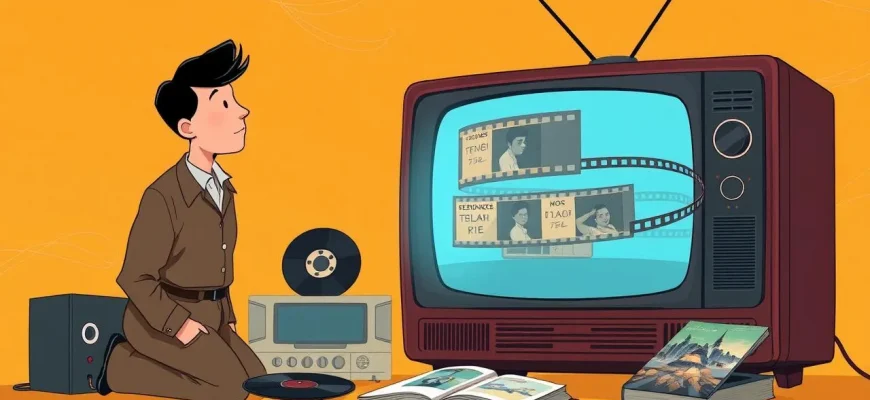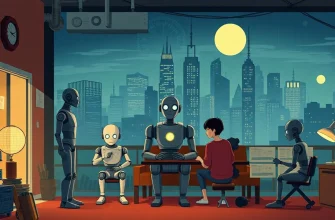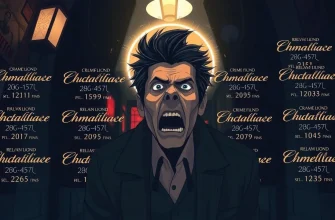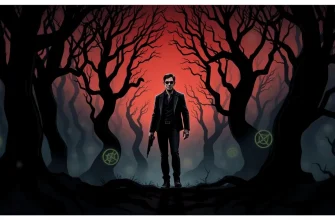In an era where technology increasingly intertwines with our lives, the concept of digital consciousness has become a fertile ground for cinematic exploration. These films delve into the profound questions of identity, memory, and the essence of being human in a digital age. From mind-bending sci-fi to poignant dramas, this curated list offers a journey through the complexities of digital consciousness, providing not just entertainment but also food for thought on our ever-evolving relationship with technology.
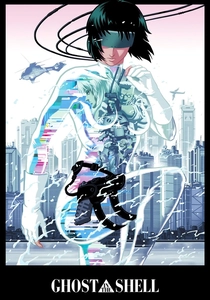
Ghost in the Shell (1995)
Description: This anime classic tackles the notion of cybernetic enhancements and the blurring line between human and machine, questioning what it means to have a soul in a digital age.
Fact: The film's title refers to the concept of a "ghost" or soul within a "shell" or cybernetic body.
 Watch Now
Watch Now

The Matrix (1999)
Description: This iconic film explores the concept of a simulated reality where humans are unknowingly trapped within a digital world, questioning what is real and what is illusion.
Fact: The film's groundbreaking "bullet time" effect revolutionized action sequences in cinema. The Wachowskis wrote the script in just three months.
 Watch Now
Watch Now
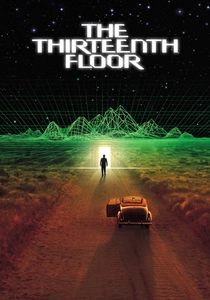
The Thirteenth Floor (1999)
Description: This film explores virtual reality and the possibility of multiple layers of simulated worlds, questioning the nature of reality and consciousness.
Fact: It was released the same year as "The Matrix," leading to comparisons between the two films.
 Watch Now
Watch Now
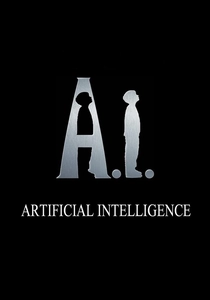
A.I. Artificial Intelligence (2001)
Description: Directed by Steven Spielberg, this film explores the emotional journey of a child-like android seeking to become "real," touching on themes of love, identity, and consciousness.
Fact: The project was originally conceived by Stanley Kubrick, who passed it on to Spielberg before his death.
 Watch Now
Watch Now
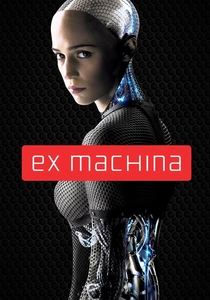
Ex Machina (2014)
Description: This film delves into the creation of artificial intelligence with human-like consciousness, exploring themes of manipulation, control, and the essence of humanity.
Fact: The film was shot in a real house in Norway, which was converted into a high-tech lab for the movie.
 Watch Now
Watch Now
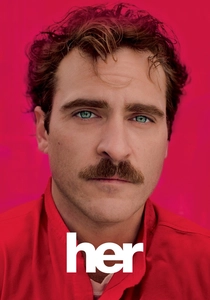
Her (2013)
Description: Spike Jonze's masterpiece examines the relationship between a man and an advanced operating system, exploring themes of love, loneliness, and the human need for connection.
Fact: Scarlett Johansson, who voices the OS, was cast after Samantha Morton was replaced, bringing a unique depth to the character.
 Watch Now
Watch Now
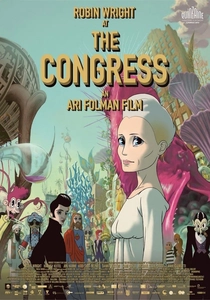
The Congress (2013)
Description: A blend of live-action and animation, this film follows an actress whose digital likeness is used in films, exploring themes of identity, reality, and the commodification of consciousness.
Fact: The film is based on the novel "The Futurological Congress" by Stanisław Lem.
 Watch Now
Watch Now
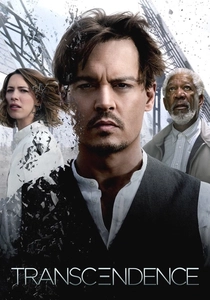
Transcendence (2014)
Description: Johnny Depp stars as a scientist whose consciousness is uploaded into a computer, raising ethical questions about the nature of consciousness and the implications of digital immortality.
Fact: The film was originally titled "Transcendence: The Johnny Depp Project."
 Watch Now
Watch Now
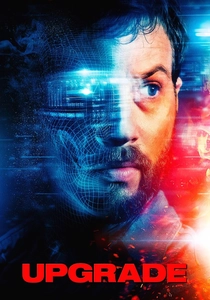
Upgrade (2018)
Description: A man with a chip implanted in his spine to regain mobility discovers it has a consciousness of its own, leading to a thrilling exploration of control and autonomy.
Fact: The film was shot in just 28 days, with most of the action sequences done practically.
 Watch Now
Watch Now
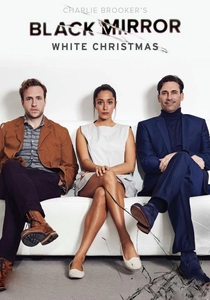
Black Mirror: White Christmas (2014)
Description: This special episode of the anthology series delves into various aspects of digital consciousness, including memory manipulation and the ethics of digital existence.
Fact: The episode features a cameo by Jon Hamm, who also starred in the series' "San Junipero" episode.
 30 Days Free
30 Days Free

